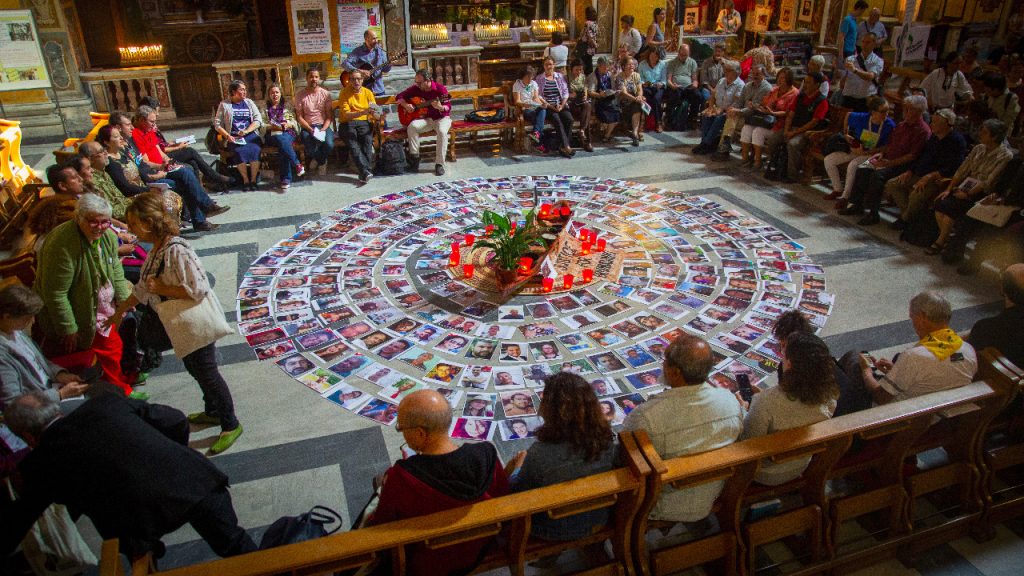Premises
The information and documents made available are not confidential. This initiative reaffirms the constitutional principle of publicizing procedural acts, which gives the entire community “the power to monitor the acts carried out by the Judiciary. It finds its democratic legitimacy – since its members are not elected – notably in the duty to provide legally motivated decisions, as well as in the transparency of its acts (CRFB, art. 93, IX)”. 93, IX)”, (TJDFT, Judgment 1180679, case no . 0706689-86.2019.8.07.0000, Rapporteur: Waldir Leôncio Lopes Júnior, Criminal Chamber, judgment date: 24/6/2019, published in DJE: 3/7/2019).
Resolution 121 of the Brazilian National Council of Justice guarantees the right of access to procedural information to any and all persons, including the number, class and subject matter of the case; the names of the parties and their lawyers; procedural movement; and the full content of decisions, sentences, votes and judgments.
In the words of former Federal Supreme Court Minister Celso de Mello:
“The National Constituent Assembly, in a moment of happy inspiration, repudiated the state’s commitment to mystery and secrecy, so strongly reinforced under the authoritarian aegis of the previous political regime. By desacralizing secrecy, the Constituent Assembly restored an old republican principle and fully exposed the state to the democratic principle of publicity, which, in its concrete expression, has become a legitimizing factor for government decisions and acts. This means, therefore, that only in exceptional circumstances can judicial proceedings be subject to the (improperly named) secrecy regime.” (Supremo Tribunal Federal, 2a .Turma, HC 119538 AgR, Relator Min. Celso de Mello, judgment on 22/10/2013, publication on 26/11/2013).













